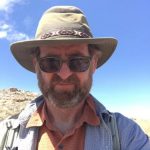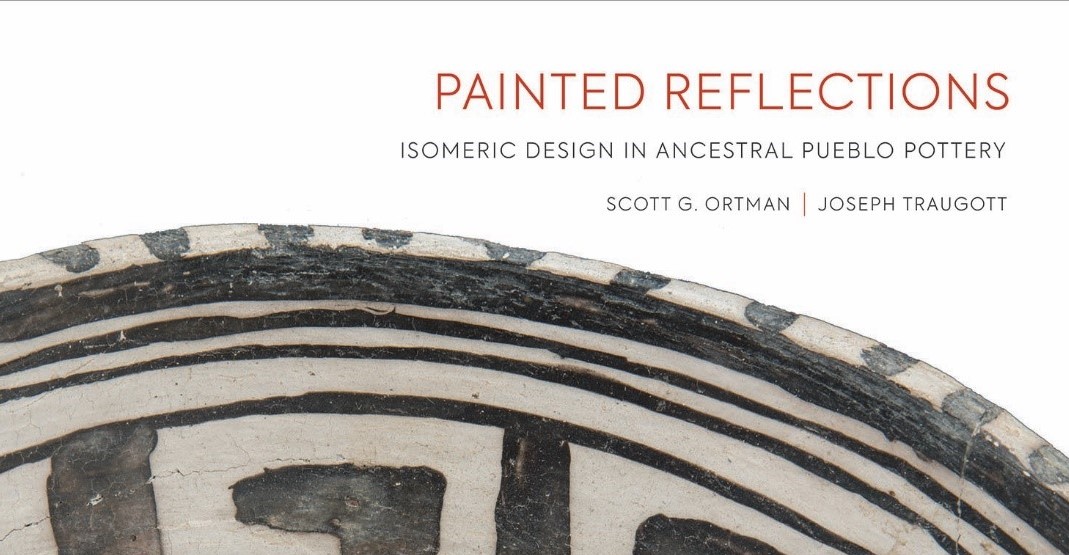President’s Circle Virtual Happy Hour
“Painted Reflection: Isomeric Design in Ancestral Pueblo Pottery” with Scott Ortman
As members of the President’s Circle, Founders’ Society, and Legacy Circle, you are cordially invited to attend a Virtual Happy Hour with President Michael F. Brown and this year’s Weatherhead fellow Scott Ortman for a conversation, “Painted Reflection: Isomeric Design in Ancestral Pueblo Pottery.”
One of the most distinctive and yet least understood aspects of ancestral Pueblo pottery painting is the widespread use of figure-and-ground illusions—what Joseph Traugott and Scott Ortman have labeled isomeric design. During this happy hour, Ortman will summarize our book that explores the origins, production, and potential meanings of these fascinating patterns. Ortman will discuss various forms of isomeric design, illustrate how ancestral artists created them, and explore how they were connected to the development of Pueblo technology, philosophy and society.
This event is free and open to members of the President’s Circle, Founders’ Society, and Legacy Circle. Please RSVP to Amy Schiffer at schiffer@sarsf.org and she will send you the instructions to join via Zoom. Space is limited, so please reserve your spot today.

Scott Ortman – Courtesy of Scott Ortman
Scott Ortman is an associate professor at University of Colorado Boulder. His research focuses on historical anthropology, or the integration of theory and data from many fields to understand the long-term histories of indigenous peoples. He is especially interested in the causes and consequences of major transitions – periods when new societies formed, old ones collapsed, or new scales of organization emerged. As examples, he has investigated Tewa Pueblo origins in the Northern Rio Grande region of New Mexico; the growth and collapse of villages in the Mesa Verde region of Colorado; and more recently, the accumulation of social complexity on a global scale. He is currently working on the Neolithic Revolution in the U.S. Southwest in collaboration with Crow Canyon Archaeological Center and the CU Museum of Natural History, the emergence of towns in the Tewa Basin, and complex systems approaches to human societies in collaboration with the Santa Fe Institute.
Since 2003, he has been involved with the Village Ecodynamics Project, a multi-disciplinary and multi-institutional collaboration that investigates long-term human-environment interactions in the U.S. Southwest. Prior to coming to CU, he was Director of Research at the Crow Canyon Archaeological Center in Cortez, Colorado, and an Omidyar Postdoctoral Fellow at the Santa Fe Institute.
